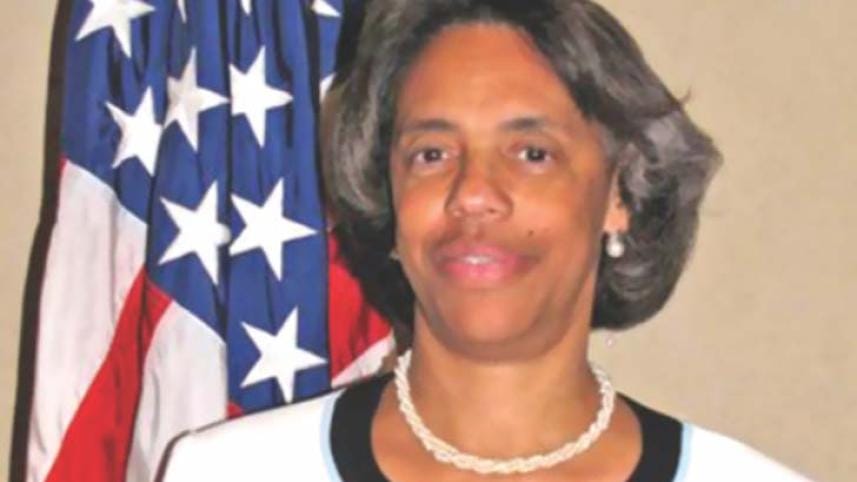US envoy for free expression, political dialogue

US Ambassador in Dhaka Marcia Stephens Bloom Bernicat today said a democracy can only achieve its full potential with ample and safe space for free expression, opposition voices, and political dialogue.
"Freedom of expression and dissent are critical contributors to a vital democratic process," she said while addressing a function at the Liberation War Museum in Dhaka.
The US envoy presented an authenticated copy of the 'Blood Telegram' with the seal of the state department to the Liberation War Museum in Dhaka at the function.
Consul General Archer K Blood and the co-signers of his telegram embodied the importance of dissent and its role in sustaining an operational democracy.
"Therefore, it’s with deep respect for the legacy it embodies that I present you, the trustees of the Liberation War Museum, an authenticated copy of the Blood Telegram, complete with the seal of the United States National Archives," she said.
Bernicat said this document is yet another measure of America's longstanding relationship with Bangladesh and of their shared democratic values.
The Liberation War Museum, a historically and culturally important place to visit, both for Bangladesh citizens and for foreign visitors to Bangladesh, she mentioned.
"I’m honored to meet with the freedom fighters who fought for the cause of Bangladesh's independence, and to acknowledge your role as Liberation War Museum Trustees. May I convey my profound and deep respect for the struggle Bangladesh went through to become the independent and secular state it is today."
The Liberation War Museum is a sacred space which embodies the story of 1971 and the history of Bangladesh.
This museum is a beacon of strength for so many Bangladeshis who believe in the cause of freedom, said the US diplomat.
"Freedom is what you fought for, and freedom is a vital component of democracy."
She said the trustees have demonstrated the importance of ensuring future generations understand Bangladesh's heritage and draw inspiration and pride from history to build a better future.
"The grounds that we stand on today are repositories...repositories of knowledge, information and history that represent a core part of every Bangladeshi citizen's identity. I’ve come today with a special gift to present to the Liberation War Museum."
She said this gift is an authenticated copy of the famous 1971 telegram signed by 29 Foreign Service Officers who raised their dissenting voices against the prevailing US policy towards Bangladesh.
Chris Elms, one of our Desk Officers, was so inspired by his recent visit to the Museum that he worked with the National Archives to obtain this official copy.
This telegram is an important legacy for every Foreign Service Officer.
It is a stark reminder of the value in voicing dissenting views against existing power and authority structures.
Archer Blood paid a price for his dissent, though he finished his career honorably.



 For all latest news, follow The Daily Star's Google News channel.
For all latest news, follow The Daily Star's Google News channel.
Comments